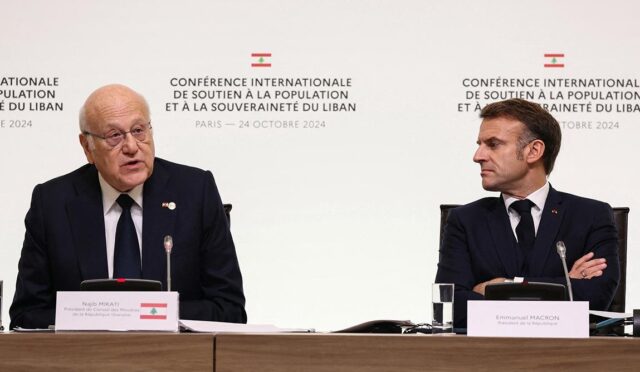Rising Threat of Cyberattacks Ahead of Elections
Poland’s Ministry of Digital Affairs raised alarms on Tuesday regarding an increasing incidence of cyberattacks attributed to Russia, coinciding with the forthcoming presidential election scheduled for May 18. Polish authorities, staunch allies of Ukraine, have been vocal about the potential threats posed by Moscow, fearing attempts to disrupt the electoral process through cyber mishaps and disinformation campaigns.
Krzysztof Gawkowski, the nation’s digital affairs minister, shared dire statistics during an interview with TVN24, highlighting a dramatic spike in cyber incidents, with nearly 2,000 occurrences reported even before the day concluded. He further elaborated that an estimated 60,000 to 70,000 attacks of varying intensities happen monthly, leading him to assert that Poland finds itself embroiled in a cyber conflict with Russia.
Targets of Emotion and Panic
According to Gawkowski, the Russian strategy appears to involve inciting fear and anxiety among the Polish populace by targeting critical public infrastructure, such as systems managing water and electricity distribution. This unsettling tactic is seen as a deliberate effort to undermine public confidence and disrupt daily life.
In addition to these attacks, Gawkowski revealed that Russian military intelligence is allegedly working to recruit influencers. Offering payments ranging from 3,000 to 4,000 euros (about $3,300 to $4,500) for just ten days of service, these operatives are reportedly tasked with spreading disinformation across social platforms, thereby complicating the information landscape in Poland.
Government’s Security Measures
In response to these looming threats, the Polish government has stepped up efforts to bolster cybersecurity ahead of the impending election. Prime Minister Donald Tusk disclosed earlier this month that his party’s computer system fell victim to an external cyberattack, which he denounced as an act of foreign interference aimed at the democratic process.
Compounding concerns, a report from French defense firm Thales highlighted that Russia is not only targeting Poland but also focusing its cyber efforts on Nordic and Baltic nations with various tools designed to sow discord and ignite anti-war sentiments across the region.







